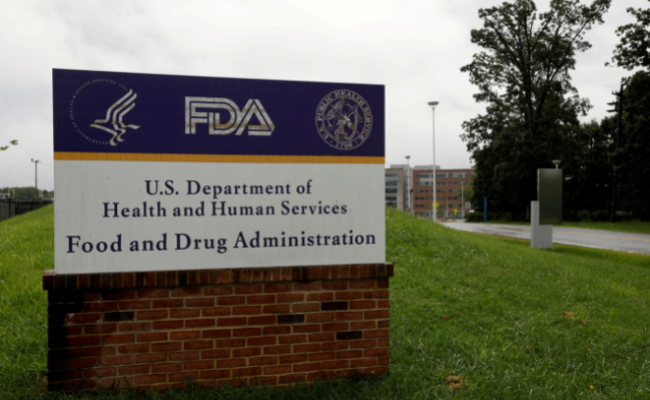US FDA updates Plan B label to claim it does not cause abortion
On Friday, the U.S. Food and Drug Administration changed the emergency contraception label known as Plan B One-Step to clarify that the pill does not alter the course of an existing pregnancy.
The consumer information distributed with the morning-after pill known as Plan B One-Step, which has been available over the counter for everyone since 2013, now makes clear its mechanism of action does not alter the implantation of an egg.
It explains that Plan B One-Step works before the release of an egg from the ovary and, as a result, usually stops or delays the release of an egg.

Signage is seen outside of the Food and Drug Administration (FDA) headquarters in White Oak, Maryland, U.S., August 29, 2020. REUTERS/Andrew Kelly
Contraception has come under renewed pressure in the United States after the Supreme Court in June overturned the landmark 1973 Roe v. Wade ruling that recognized the constitutional right to an abortion and legalized it nationwide.
The FDA also issued an updated question-and-answer section on its website, where the question “Is Plan B One-Step an abortifacient (causing abortion)” is answered with “No.”
The FDA said that current science suggests Plan B One-Step works by inhibiting or delaying ovulation and midcycle hormonal changes. Evidence supports the conclusion that the pill has no direct effect on fertilization or implantation.
Related Articles
Three things many people get wrong about the abortion debate
Foundation Consumer Healthcare, which owns the Plan B brand, had requested approval to modify some of the mechanism of action information on the label, the U.S. Food and Drug Administration (FDA) said.
It said that generic versions of the morning-after pill will also need to change their label.

